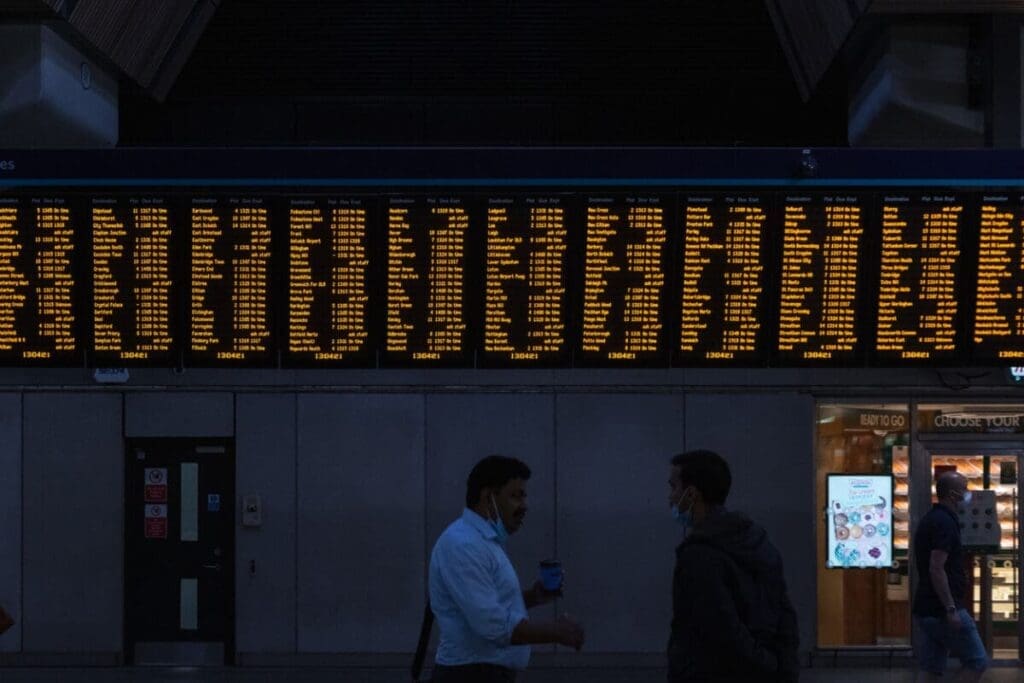Train cancellations in England and Wales have risen by 8% in the past year, latest figures show.

The equivalent of 249,133 trains were cancelled in the year to the end of March, according to Office of Rail and Road (ORR) data, an average of 681 every day.
During the previous 12 months, the total was 230,799 at a daily average of 632.
Monthly Subscription: Enjoy more Railway Magazine reading each month with free delivery to you door, and access to over 100 years in the archive, all for just £5.35 per month.
Click here to subscribe & save
The figures relate to what the rail industry describes as the cancellations score, which counts each fully cancelled service as one cancellation, and each part-cancelled service as half a cancellation.
Average train fares rose by nearly 5% in England and Wales on March 3.
A spokesperson for the Rail Delivery Group, which represents operators, said: “We know how important reliability is to customers and apologise to everyone affected by cancelled services.
“Everyone across the railway is working hard to make sure that train services are reliable and punctual for passengers.
“This includes significant investment to improve infrastructure and rolling stock reliability.
“Train companies have worked hard to maintain as many services as possible, but cancellations or delays also can occur due to various factors; like weather and flooding, industrial action, infrastructure issues such as track or signalling faults, train faults and external incidents such as trespass.
“The railway continues to tackle these issues, and when train delays or cancellations do occur, we are proactively notifying passengers in advance and raising awareness of Delay Repay to simplify compensation claims for affected passengers.”




